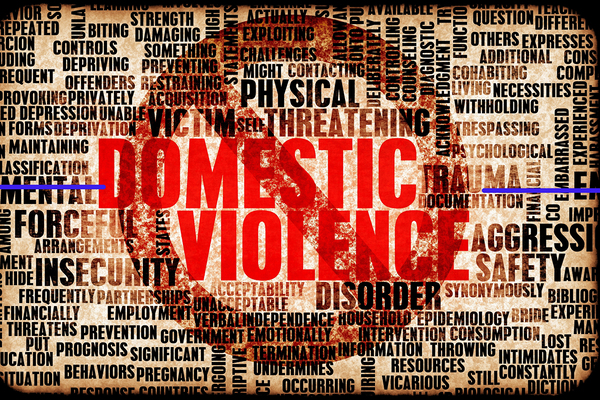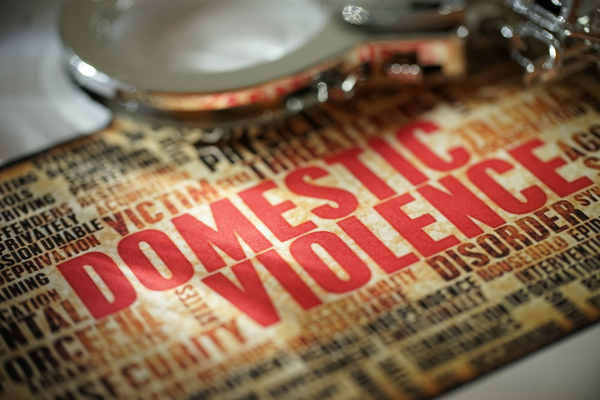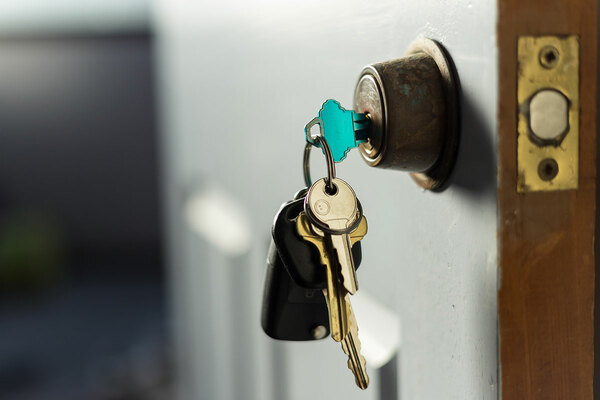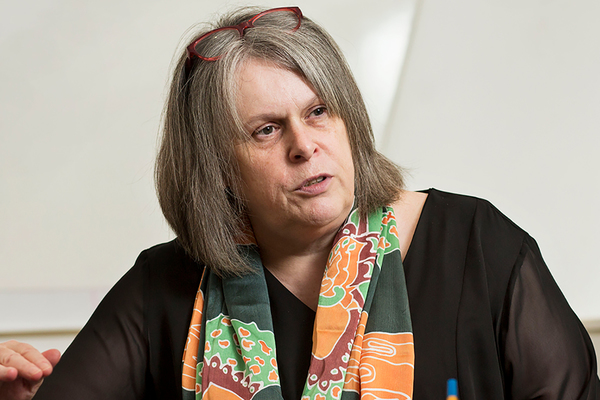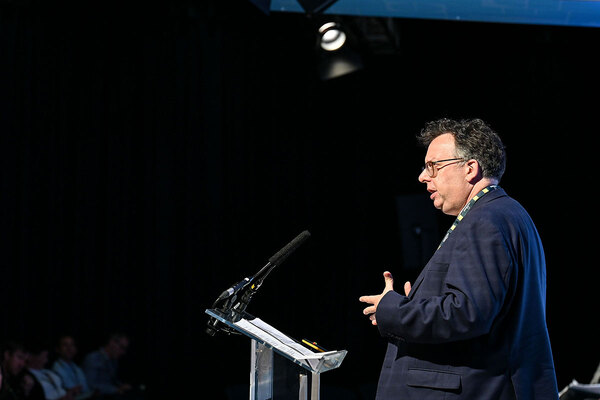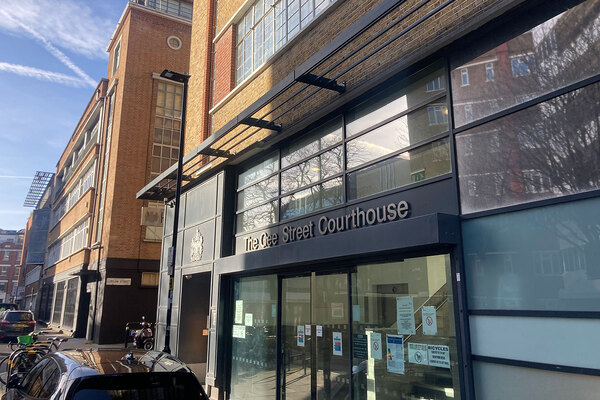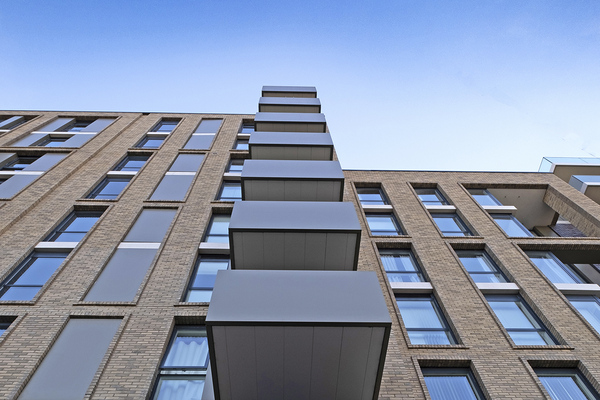You are viewing 1 of your 1 free articles

Brendan is the founding Chair of Sustainability for Housing. He has more than 20 years’ experience as a CEO in the social housing sector,...more
The current funding system puts lives at risk when it comes to domestic violence
Social landlords have a role to play in tackling domestic violence but the government is putting lives at risk by not funding support services properly, writes Brendan Sarsfield
Reported domestic abuse offences increased by 63% between 2011 and 2018.
In the past year, three-quarters of victims were female and those who experienced domestic abuse were more likely to live in more deprived areas.
At least seven women are killed every month in England and Wales, the majority dying in their own homes.
Abuse is happening now, within homes, behind closed doors, up and down the country. Tenure is irrelevant in some ways, but social landlords can do and are doing so much more than others to try to prevent it.
For me, domestic abuse is an attack on us all, so we have a responsibility to do what we can.
The Make a Stand pledge (see more below) was developed by the Chartered Institute of Housing in partnership with Women’s Aid and the Domestic Abuse Housing Alliance (DAHA).
It was created to encourage the sector to support people experiencing domestic abuse.
DAHA was created in 2014 by Peabody, Gentoo and Standing Together Against Domestic Violence.
It aims to promote how the housing sector can improve its response to domestic abuse. We often have access ‘behind closed doors’ and have a unique relationship with our residents.
Those of us that signed the pledge made four commitments:
- To put in place policies to support residents who are affected by domestic abuse
- Make information about support and services available and accessible for residents and staff
- Put in place a Human Resources policy to support staff who may be experiencing domestic abuse
- Appoint a champion at a senior level to own the activity in the organisation
The expectation is that all those who have signed will have put the actions in place by September 2019.
When I became chief executive of Peabody I was pleased to continue the work we started in 2009 on improving our response to domestic abuse. Our merger brought added value, incorporating 108 refuge bed spaces from my old organisation.
These are managed in partnership with five specialist agencies across 13 London boroughs. Based on 2017 data this is nearly 13% of the total London refuge provision.
So we are playing our part. However, the reality is difficult to sustain these services despite our commitment and verbal government support.
The government has launched a consultation on the future delivery of support to survivors and their children in accommodation-based domestic abuse services in England.
This could include a statutory duty on local authorities to provide accommodation-based services. This was launched last month.
At Peabody, we welcome the recognition of the problem by government. But let’s be honest, funding cuts for local authorities and charities mean that tackling the issues effectively will be tough.
Extra cash for councils and other agencies, some of which are eating into their reserves to continue their vital work, is essential. The current funding situation is unsustainable and will put lives at risk.
“At Peabody, we welcome the recognition of the problem by government. But let’s be honest, funding cuts for local authorities and charities mean that tackling the issues effectively will be tough”
We need more capital and revenue funding to provide more buildings and services for people experiencing domestic abuse.
There are of course many other worthy groups competing for the same money. I accept that there are finite resources. So this is a test of priorities for the new government that is coming. Fund refuges properly, fund supported housing services properly, and direct resources to the most vulnerable people in society. This will be the test.
Peabody chairs the National Housing and Domestic Abuse Policy and Practice Group, which formed in November last year.
It has 20 representatives across the domestic abuse, violence against women and girls, housing and homelessness sectors. We are planning a joint response from the group to the government consultation. The deadline is 2 August. The team will be happy to help, and if you are interested in finding out more, get in touch.
You can respond to the consultation on the government website gov.uk
Brendan Sarsfield, chief executive, Peabody
Make a Stand
The ‘Make a Stand’ pledge has been developed by CIH in partnership with Women’s Aid and the Domestic Abuse Housing Alliance (DAHA) – made up of Standing Together Against Domestic Violence, Peabody and Gentoo. It was launched under the CIH presidency of Alison Inman in 2018, and then continued by her successor as president Jim Strang.
As of 6 February 2018, 300 organisations had signed up.
As part of the pledge, housing organisations can make four commitments to support people who live and work in housing who are experiencing domestic abuse.
These four commitments are:
* To put in place and embed a policy to support residents who are experiencing domestic abuse
* To make information about national and local domestic abuse support services available on your website and in other places which are easily accessible to residents and staff
* To put in place a HR policy and procedure on domestic abuse, or to incorporate this into an existing policy, to support members of staff who are experiencing domestic abuse
* Appoint a champion in your organisation to own the activity you are doing to support people experiencing domestic abuse
Click here to read a piece by former CIH president Alison Inman explaining more about the campaign
